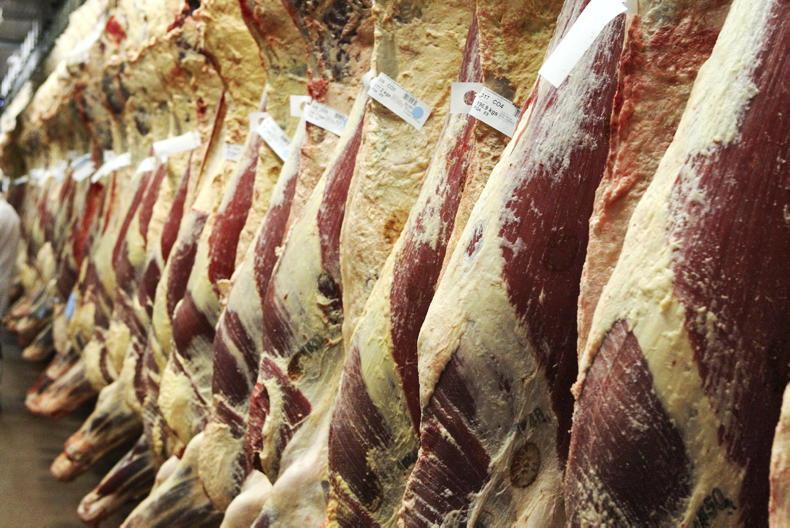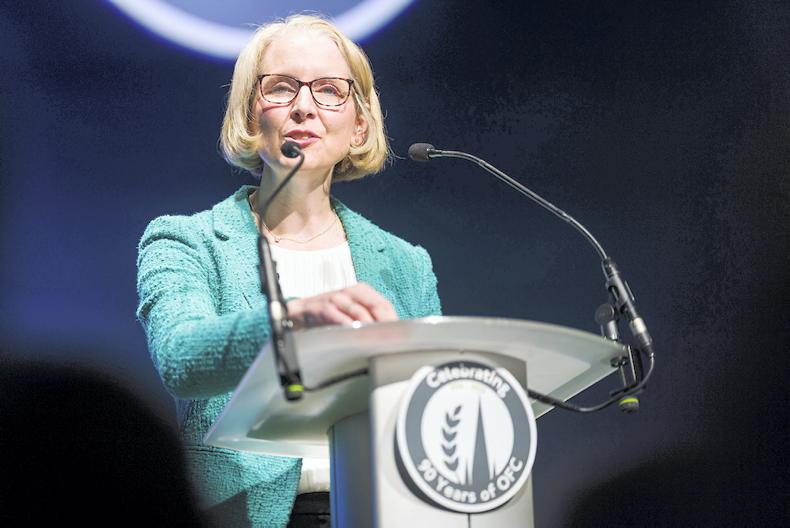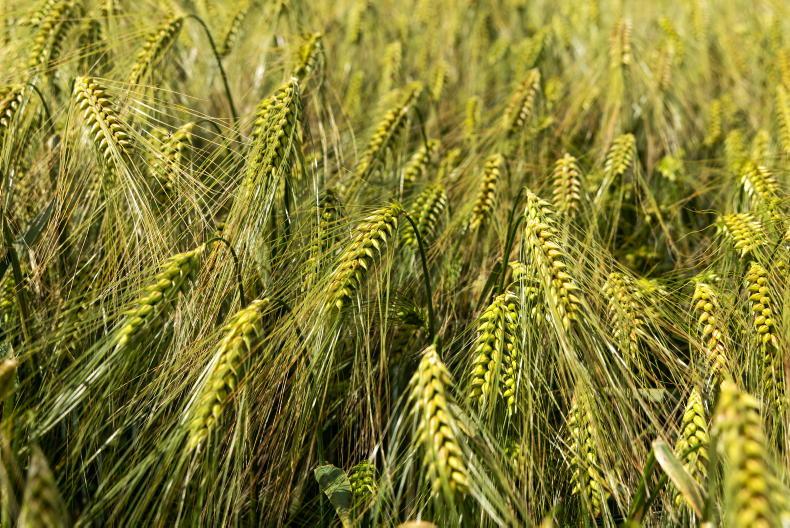I didn’t think I’d have to go to the famous Oxford Farming Conference for a lesson on how far ahead the Northern Ireland administration is compared to Dublin in taking a full view of how farmers’ interests should be safeguarded in the environmental debate. Here, the only messages are to reduce greenhouse gases – in other words, reduce stock numbers to meet the 25% reduction legal target in greenhouse gas emissions.
In Northern Ireland, the work in creating knowledge of the carbon sequestered in the soil and vegetation on every farm is beginning. The money, despite the problems in the British government’s finances, has been allocated and the project is going ahead.
Carbon balance
It’s very clear that with the resulting information, a credible carbon balance can be done for each farm and there is no reason why the gains in sequestration should not help to counterbalance methane production from livestock.
In addition, Northern Ireland is including not only a soil nutrient baseline report, but also an analysis of the likely loss of nutrients of each field to streams and watercourses after heavy rain. This is what science, combined with enlightened policy, is capable of delivering.
One has to question why there is such a difference in approach between north and south of the border on the same island. Would the Northern Irish policy of establishing a baseline for every farm have happened if the preliminary work had not been done by Devenish and John Gilliland?
We should nationally be willing to consider any policy that would benefit farmers and the sector regardless of where the ideas come from.
Scope for oilseed rape as diesel top up
We need a sensible outlet for the national oilseed rape crop rather than sending it to the UK for crushing. Granted, there is some made into cooking oil, but it is small scale. Yields of oilseed rape have improved – the genetic yield increase is put at 3-5% a year, one of the highest of any crops.
Unlike in the case of cars, there is no real possibility of an electric tractor and diesel will be the fuel for the foreseeable future. Canada, a large oilseed rape market (or canola as they call it), is building oilseed rape refineries in anticipation of a government mandate that would specify a certain usage of rape oil in the national diesel mix – much the same as ethanol is blended with petrol.
The same approach to oilseed rape here would have several national advantages – greater fuel self-sufficiency and underpinning a market for a domestically produced crop. If the Government is serious about increasing acreage in tillage, this would be a sensible place to start.
I didn’t think I’d have to go to the famous Oxford Farming Conference for a lesson on how far ahead the Northern Ireland administration is compared to Dublin in taking a full view of how farmers’ interests should be safeguarded in the environmental debate. Here, the only messages are to reduce greenhouse gases – in other words, reduce stock numbers to meet the 25% reduction legal target in greenhouse gas emissions.
In Northern Ireland, the work in creating knowledge of the carbon sequestered in the soil and vegetation on every farm is beginning. The money, despite the problems in the British government’s finances, has been allocated and the project is going ahead.
Carbon balance
It’s very clear that with the resulting information, a credible carbon balance can be done for each farm and there is no reason why the gains in sequestration should not help to counterbalance methane production from livestock.
In addition, Northern Ireland is including not only a soil nutrient baseline report, but also an analysis of the likely loss of nutrients of each field to streams and watercourses after heavy rain. This is what science, combined with enlightened policy, is capable of delivering.
One has to question why there is such a difference in approach between north and south of the border on the same island. Would the Northern Irish policy of establishing a baseline for every farm have happened if the preliminary work had not been done by Devenish and John Gilliland?
We should nationally be willing to consider any policy that would benefit farmers and the sector regardless of where the ideas come from.
Scope for oilseed rape as diesel top up
We need a sensible outlet for the national oilseed rape crop rather than sending it to the UK for crushing. Granted, there is some made into cooking oil, but it is small scale. Yields of oilseed rape have improved – the genetic yield increase is put at 3-5% a year, one of the highest of any crops.
Unlike in the case of cars, there is no real possibility of an electric tractor and diesel will be the fuel for the foreseeable future. Canada, a large oilseed rape market (or canola as they call it), is building oilseed rape refineries in anticipation of a government mandate that would specify a certain usage of rape oil in the national diesel mix – much the same as ethanol is blended with petrol.
The same approach to oilseed rape here would have several national advantages – greater fuel self-sufficiency and underpinning a market for a domestically produced crop. If the Government is serious about increasing acreage in tillage, this would be a sensible place to start.










SHARING OPTIONS